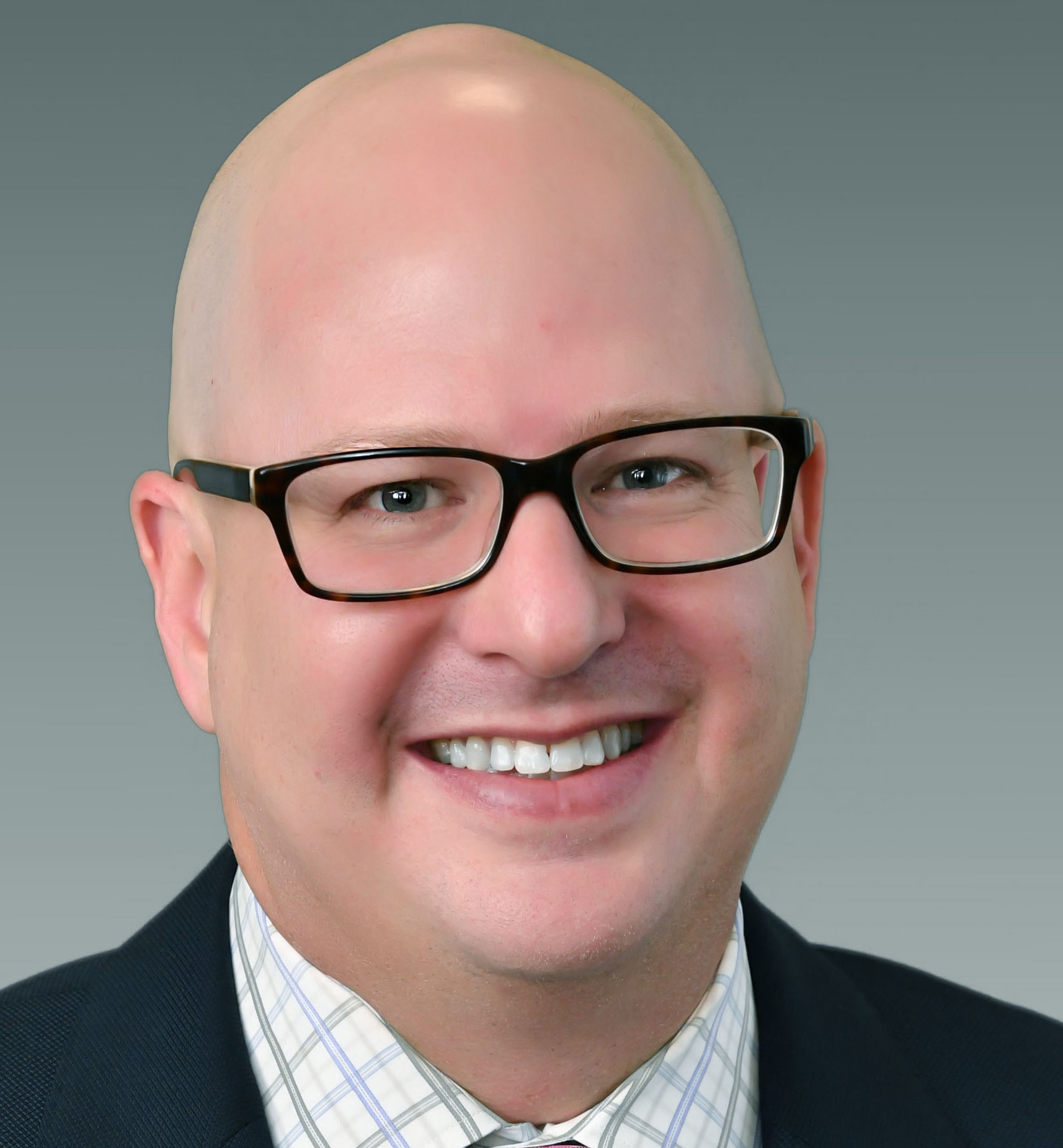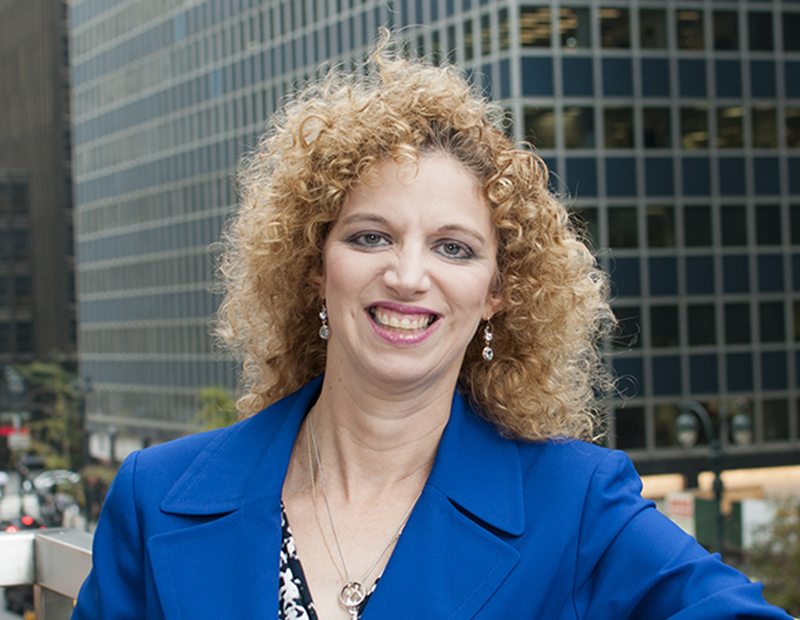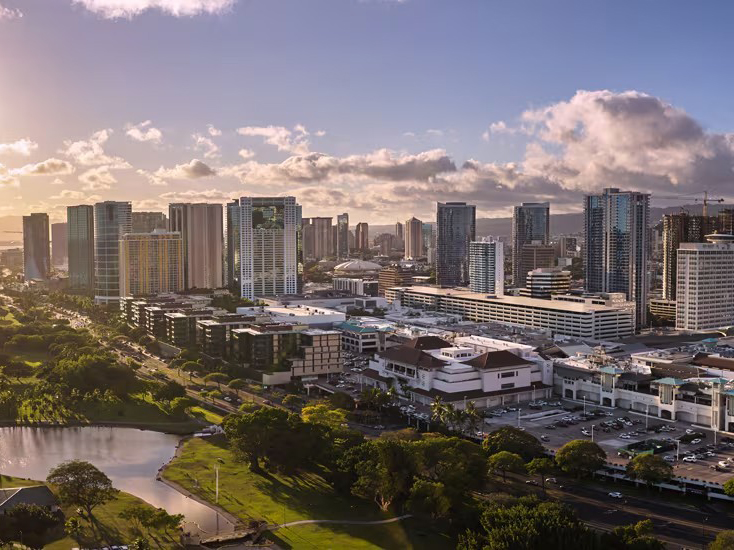Orlando Hospitality Developers Begin to Explore Mixed-Use
Orlando's hospitality and tourism industries aren't showing any signs of slowing down, but with land costs rising, developers may need to shift their strategies. Daniel Bachrach, partner at Foley & Lardner, discusses the trends and changes to come for the market.
By Timea Papp
As an ever-growing and sought-after real estate market, Orlando is a hot spot for both domestic and foreign investors, who are drawn to the metro due to its combination of no state income taxes and year-round temperate weather. But in the current market conditions, developers are facing rising land costs, encouraging them to shift their focus to mixed-use developments, aiming to maximize economic value and minimize risk.
Daniel Bachrach, partner at Orlando-based law firm Foley & Lardner and a member of the firm’s Real Estate Practice and the Hospitality & Leisure Industry Team, discussed his outlook for the Orlando real estate market and the upcoming hospitality trends to watch.
What market trends have you observed during the past year and how do you expect those to evolve in the future?
Bachrach: With the strong real estate market, much like the rest of the country, Orlando is seeing more and more mixed-use development. The nature of the current urban real estate economy is motivating developers in Central Florida to structure large projects in a manner which utilizes every available profitable option. The rising cost of land puts further pressure on developers to maximize economic value and minimize risk. In many cases, especially in urban settings, buildings consisting of a single use are either too difficult to finance or the economics of the project do not pencil-out. These issues incentivize developers to engage in creative solutions, often leading to the utilization of a mixed-use building structure. The mixed-use emphasis is seen in the Creative Village, the multiple apartment and office buildings downtown, and the upcoming UCF Downtown campus.
Have there been any significant legal changes in the past year that affected the hospitality industry and your work?
Bachrach: Nothing significant on the legal side in the past year has made an impact on deal work. On the timeshare side of the work we are doing, certainly compliance is an issue, and assuming Congress’s recent vote to repeal the Consumer Financial Protection Bureau’s (CFPB) rule banning mandatory arbitration clauses in financial contracts, if signed by the President, may help reduce much of the wave of aggressive class action lawsuits. Nonetheless, the market has been a far stronger driving force impacting the hospitality industry. The recent spin-off of Hilton Grand Vacations and the announced spin-offs by Wyndham Vacation Ownership and of Bluegreen Vacations are big news that will leave every major, branded timeshare developer separate from its hotel brand and continue the consolidation trend.
 Also, although not legal in nature, the Marriott-Starwood merger has changed the landscape for the hotel industry, and possibly may impact the timeshare industry as well.
Also, although not legal in nature, the Marriott-Starwood merger has changed the landscape for the hotel industry, and possibly may impact the timeshare industry as well.
Why are foreign and domestic investors attracted to the Orlando real estate market?
Bachrach: Orlando is one of the most popular vacation spots in the world. That combined with no state taxes and year-round temperate weather make Orlando an easy sell and a safe bet. Most people who don’t live here don’t know that greater Orlando stretches for almost an hour and a half’s drive north of the theme parks. As you can expect, we are seeing a strong hospitality development market, with continued opportunity. We are also seeing a strong senior living development market and tech as well. Central Florida also happens to be an easy place to live. What’s more is that many foreign investors grew up with Orlando as THE place for vacation. Now, with faltering currencies, Orlando is an excellent opportunity that evokes those childhood memories.
Where do you think the hot spots for hospitality investment will be in the coming year?
Bachrach: I think that creative cross-branded mixed development, like Wyndham’s Margaritaville, are the future. More developers, not just hospitality developers, should start exploring mixed development and cross-branding. I would also add that urban timeshare development is currently a hot trend. Traditionally, timeshare developers hadn’t offered urban experiences because of the difficulty of developing in urban locations and the overwhelming cost of real estate not fitting the timeshare business model.
 Now with the progression of the timeshare product into the ability to sell smaller than weekly increments together with more a flexible daily use product, the urban timeshare resort (usually in a mixed-use setting together with a hotel and retail) has been successful.
Now with the progression of the timeshare product into the ability to sell smaller than weekly increments together with more a flexible daily use product, the urban timeshare resort (usually in a mixed-use setting together with a hotel and retail) has been successful.
What would your advice be for potential investors and developers? Is Orlando the ideal market for hotel acquisitions and developments?
Bachrach: Location, location, location is the start, but I like to tell new developers that the path to success is riddled with the bodies of those who think that they are smarter than the market. Build a team that is experienced with developing, marketing and operating the type of project like yours—you cannot have enough local knowledge.
The Florida commercial real estate industry proved resilient in the wake of Hurricane Irma. Have you noticed any long-term effects on the hospitality and resort business?
Bachrach: It is still too early to tell. We have been in touch with developers/managers who are exploring their options resulting from Irma’s impact. All are rebuilding. My understanding is that the labor market was tight before Irma and now it will be even tighter in Florida, especially with greater demand for construction in the Caribbean.
As the market is recovering after the storm, do you think investor interest has diminished in the area? What is next for Orlando in that department?
Bachrach: Orlando hasn’t skipped a beat. You still see storm-related debris on the streets waiting to be cleaned up, but compared to the after effects from Charlie in 2005, the municipalities were much better equipped and ready to get people back online. From a business standpoint, Orlando could see even more interest/demand as the Caribbean figures out its future as a destination. I also expect that with the increase in demand for construction opportunities, there will be a large migration from Puerto Rico (it has already started).
Image courtesy of Foley & Lardner








You must be logged in to post a comment.